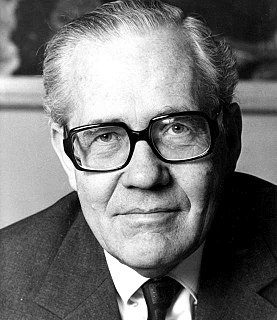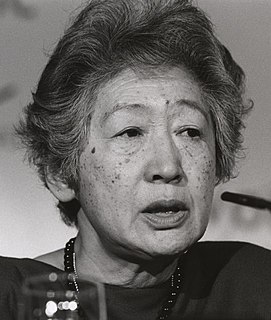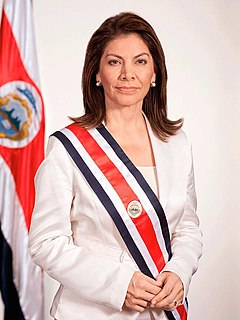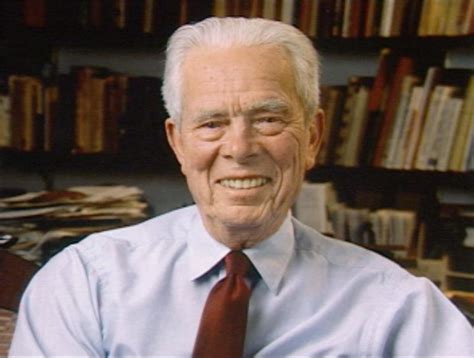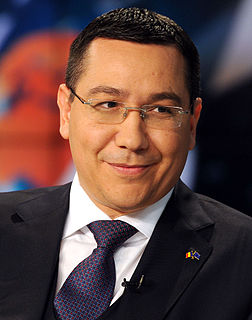A Quote by Poul Hartling
We talk of regional conflicts, of economic and social crises, of political instability, of abuses of human rights, of racism, religious intolerance, inequalities between rich and poor, hunger, over-population, under-development and. I could go on and on. Each and every one of these impediments to humanity's pursuit of well-being are also among the root causes of refugee problems.
Quote Topics
Also
Among
Being
Between
Causes
Conflicts
Could
Crises
Development
Each
Economic
Every
Go
Human
Human Rights
Humanity
Hunger
Impediments
Instability
Intolerance
Over
Political
Political Instability
Poor
Population
Problems
Pursuit
Racism
Refugee
Regional
Religious
Religious Intolerance
Rich
Rich And Poor
Rights
Root
Root Cause
Social
Talk
Well
Well-Being
Related Quotes
We must understand the role of human rights as empowering of individuals and communities. By protecting these rights, we can help prevent the many conflicts based on poverty, discrimination and exclusion (social, economic and political) that continue to plague humanity and destroy decades of development efforts. The vicious circle of human rights violations that lead to conflicts-which in turn lead to more violations-must be broken. I believe we can break it only by ensuring respect for all human rights.
For too long the development debate has ignored the fact that poverty tends to be characterized not only by material insufficiency but also by denial of rights. What is needed is a rights-based approach to development. Ensuring essential political, economic and social entitlements and human dignity for all people provides the rationale for policy. These are not a luxury affordable only to the rich and powerful but an indispensable component of national development efforts.
Solving the population problem is not going to solve the problems of racism, of sexism, of religious intolerance, of war, of gross economic inequality. But if you don't solve the population problem, you're not going to solve any of those problems. Whatever problem you're interested in, you're not going to solve it unless you also solve the population problem. Whatever your cause, it's a lost cause without population control.
Refugee problems may often seem intractable but they are not insoluble. In our experience there are two basic prerequisites for solution: the political will of leaders to tackle the causes and to settle for peace, and international determination to push for peace and then to consolidate it. Consolidating peace means helping societies emerging from war to reintegrate refugees in safety and dignity, to rebuild their institutions - including in the field of justice and human rights - and to resume their economic development.
Among the features peculiar to the political system of the United States is the perfect equality of rights which it secures to every religious sect. [...] Equal laws protecting equal rights, are found as they ought to be presumed, the best guarantee of loyalty, and love of country; as well as best calculated to cherish that mutual respect and good will among citizens of every religious denomination which are necessary to social harmony and most favorable to the advancement of truth.
We are one human race, and there must be understanding among all men. For those who look at the problems of today, my big hope is that they understand. That they understand that the population is quite big enough, that they must be informed that they must have economic development, that they must have social development, and must be integrated into all parts of the world.
Every period of human development has had its own particular type of human conflict---its own variety of problem that, apparently, could be settled only by force. And each time, frustratingly enough, force never really settled the problem. Instead, it persisted through a series of conflicts, then vanished of itself---what's the expression---ah, yes, 'not with a bang, but a whimper,' as the economic and social environment changed. And then, new problems, and a new series of wars.
The gap between the rich and poor is growing among and within most nations. The political and social effects of unequal location of energy and other mineral resources are acute. Population numbers continue to climb. The global environment shows signs of widespread deterioration. Both natural and social environments are increasingly vulnerable to catastrophic disturbances... There may, however, be a cheering challenge in the possibility that out of its struggle with these realities the human race may move a bit nearer to behaving as if it were indeed one family.
The problems we face today, violent conflicts, destruction of nature, poverty, hunger, and so on, are human-created problems which can be resolved through human effort, understanding and the development of a sense of brotherhood and sisterhood. We need to cultivate a universal responsibility for one another and the planet we share.
The world has got more democracies than ever, and human rights are high on almost every country's agenda. Still, corruption and oppression are far too common threats to the democratic society. And we have seen a dramatic increase, the last 10-15 years, of ethnical conflicts and humanitarian crises with human rights violations as important elements., but also more of corruption. Human rights are praised more than ever - and violated as much as ever.
